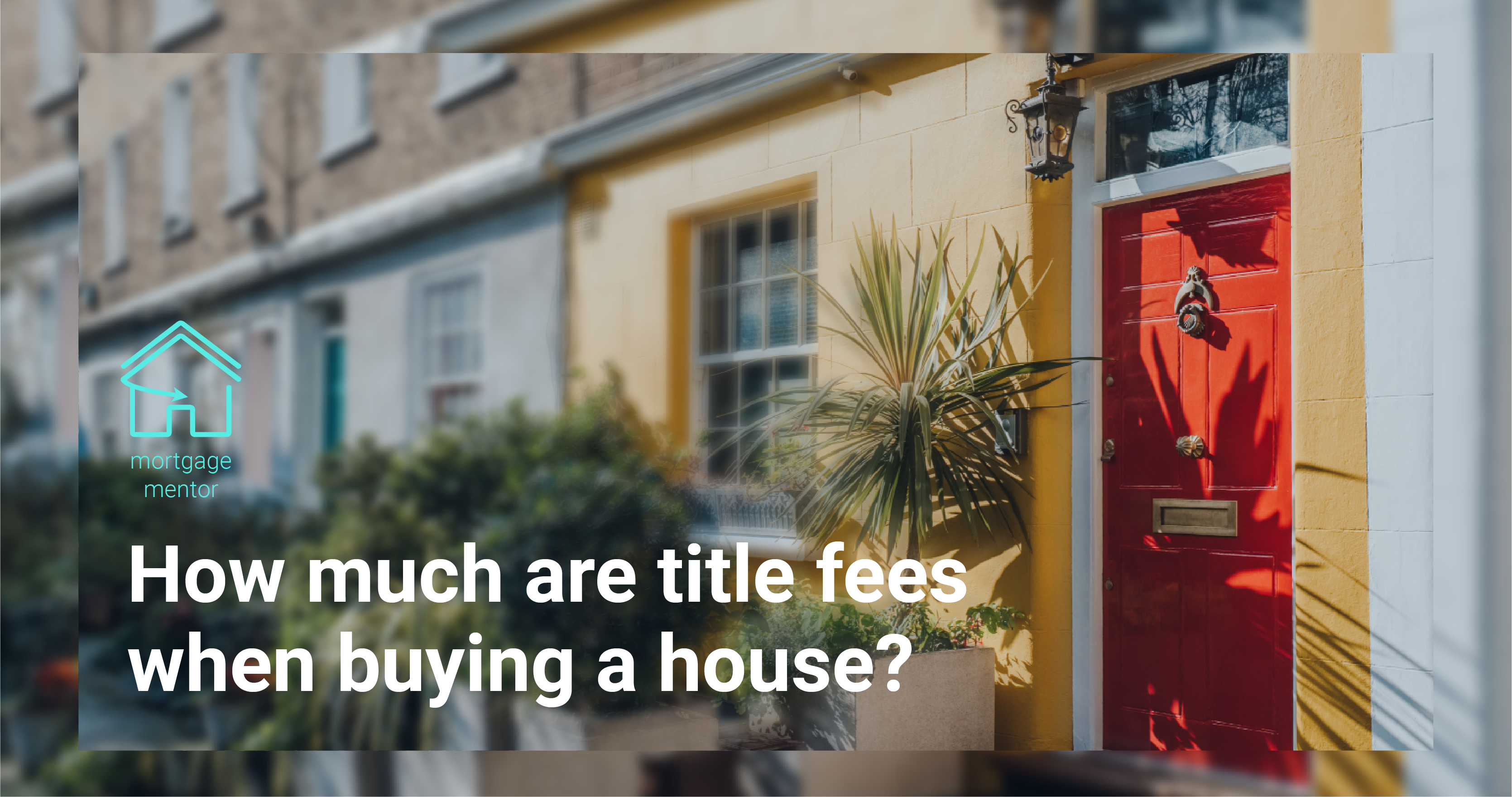
When buying a property you will have to pay a number of separate fees to ensure all the legal processes are completed properly. These fees are related to the process of conveyancing, and they include legal fees and disbursements, which are third-party charges for specific services.
The cost of conveyancing fees varies in accordance with the circumstances but they usually come in at around £850-£1,500, plus what you pay for the disbursements. One of these disbursements is the title fees, and many people ask 'how much are title fees when buying a house?'
Read on to learn all about title fees and the other conveyancing costs you are likely to encounter.
There are two main fees associated with the title of the property. These are the cost of acquiring a copy of the Title of Deeds and the fee for transferring ownership. The cost of getting title deeds is £6, but it can be more for leasehold properties than it is for freehold.
The Land Registry charges a fee for transferring ownership. The amount of this fee depends on the value of the property and can be anything from £40 to £910. There is a 50% discount on these charges for having the transfer done online, as opposed to via the post.
As previously noted, disbursements are one-off charges you pay during the process of buying a house. You will be required to pay at least some of the following fees:
The conveyancing costs for a leasehold property are usually significantly more since some extra fees are involved. For example, a Deed of Covenant may be needed. This is a legal agreement between the buyer and the property's landlord/management company regarding things like maintenance and repairs.
Investigations may need to be done into just how long the existing lease is and the landlord may need to be contacted to serve notices. Enquiries about further information regarding service charges and management details may also be needed. In total, the costs often come in between £100 and £1,000.
While it is not legally required, most lenders insist that you use a professional as conveyancing work is highly specialised. If you are not using a mortgage, it may be possible to do the conveyancing yourself. Nevertheless, you will still need to pay the disbursement fees (including those relating to the title) because these are one-off payments to third-party services.
If you are using a conveyancer to carry out the work, they will usually include the cost of the disbursements among their full charge when the work is completed. Many solicitors require a deposit of 10% of the full fees, which you must pay upfront, and the rest is settled upon completion of the purchase of the property.
Some solicitors offer a 'no sale, no fee guarantee', meaning you won't be required to pay the full conveyancing bill if the sale falls through. If you see this, it is wise to get a full explanation of what's included in the guarantee before moving forward.
If you're enquiring about how much are title fees when buying a house, you are probably looking to keep costs down. One good option is to compare conveyancing quotes to find the most suitable deal. When comparing, ask the solicitors if the quote includes the cost of disbursements and, if not, whether they will be charged in addition to the quoted fee.
If you feel like you need an expert in your corner, you could always turn to a mortgage broker like Mortgage Mentor. Our team members are experienced advisors with specialist knowledge of everything to do with buying a house. Our service is aimed primarily at first-time buyers looking to get on the property ladder.
We offer a no-fee service, so all our expert advice is free. We also guide and support our clients through the entire home buying process. There will be no surprise costs when you work with us, so you will be able to make every decision with confidence. Get in touch today for free advice.
As a mortgage is secured against your home/property it may be repossessed if you do not keep up with the mortgage repayments.
Contact Us